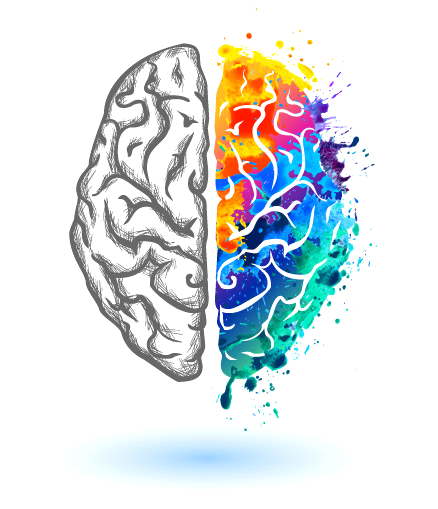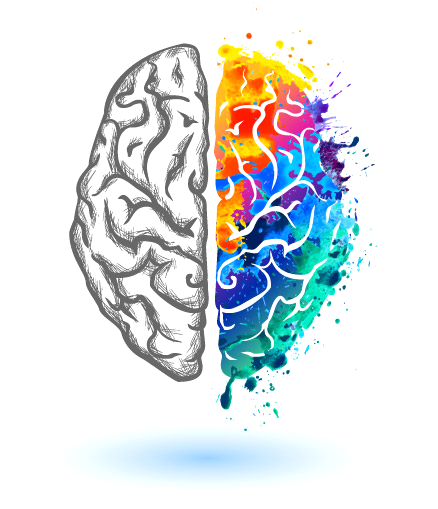May is Mental Health Month - Join DRC and Break the Stigma

May is Mental Health Month - Join DRC and Break the Stigma






Every May - for Mental Health Awareness Month - we encourage you to help us #breakthestigma associated with mental health disorders by sharing your story to inspire those facing similar challenges.
May is Mental Health Month Join DRC and Break the Stigma

For Mental Health Awareness Month we encourage you to help us #breakthestigma associated with mental health by sharing your story & inspiring others.
Since 1949, May has been observed as Mental Health Month in hopes to normalize mental health issues, increase awareness and provide strategies for healing and coping. More than half of Americans will be diagnosed with a mental disorder at some time in their life, including anxiety.
If you are experiencing these, or you know someone who is, it’s important to remember: You are not alone. We are in this together. Knowledge is power.

Andy Imparato, Disability Rights California’s Executive Director, recently had an interview with Debra Ruh of Ruh Global Communications discussing his openness about his lived-in experiences with mental health and how it has shaped his life and career within the disability community.
“I inherited a movement that, in many ways, has shaped my life. I started being very open and out about my disability, and then I found a community that made me feel like it’s not something that I should explain away or minimize,” Imparato said.
“When you open up about a mental health condition, you are a magnet for other people telling you their dark things that they don’t tell other people. And it’s sad that they see them as dark things…it’s part of humanity,” Imparato adds.
Andy Imparato, DRC’s Executive Director full Interview

Taking Care of your Mental Health

Outside of opening up to a support system, there are many forms of resources for you and your family, including: how to spot the signs, how to feel better, and how to cope.
How to Spot the Signs
- Headaches
- Anxiety
- Sleep problems
- Social withdrawal
- Overeating or undereating
How to Feel Better
- Finding the positive
- Owning your feelings
- Creating healthy routines
How to Cope
- Being gentle with yourself
- Balancing work and play
- Breaking tasks into small steps
- Broadening your mental health knowledge
Ways to Combat Stress
- Cultivate social support
- Seek good nutrition
- Protect your sleep
- Get physical
- Exercises at home
Taking care of yourself is important to the success of your mental health process. Taking care of all aspects of you will increase the likelihood that you stay well. This month we encourage you to take a mental health screen at https://screening.mhanational.org/screening-tools. Help them reach our goal of a million screens during the month of May. #MillionInMay

For more Information visit:
- Stress Management: Mayo Clinic
- 10 Tools for Mental Health: Mental Health America
- Healthy Ways to Handle Life’s Stressors: American Psychological Association
- Taking Care of Yourself: Mental Health America
- Peer-Run Warm Line: 1-855-845-7415. This is a non-emergency resource for anyone in California seeking emotional support.
- National Suicide Prevention Lifeline: 1-800-273-8255. Provides 24/7, free and confidential support for people in distress.

 To learn more read our self-advocacy publications:
To learn more read our self-advocacy publications:
-
Accessing mental health resources during the Coronavirus
-
Your Right to Receive Mental Health Services in the Language you Understand
This publication describes your right to have mental health services in the language you understand. It tells you how to get an interpreter and get your records translated. It tells you what to do if you cannot get an interpreter or translation. -
Other Mental Health Publications




